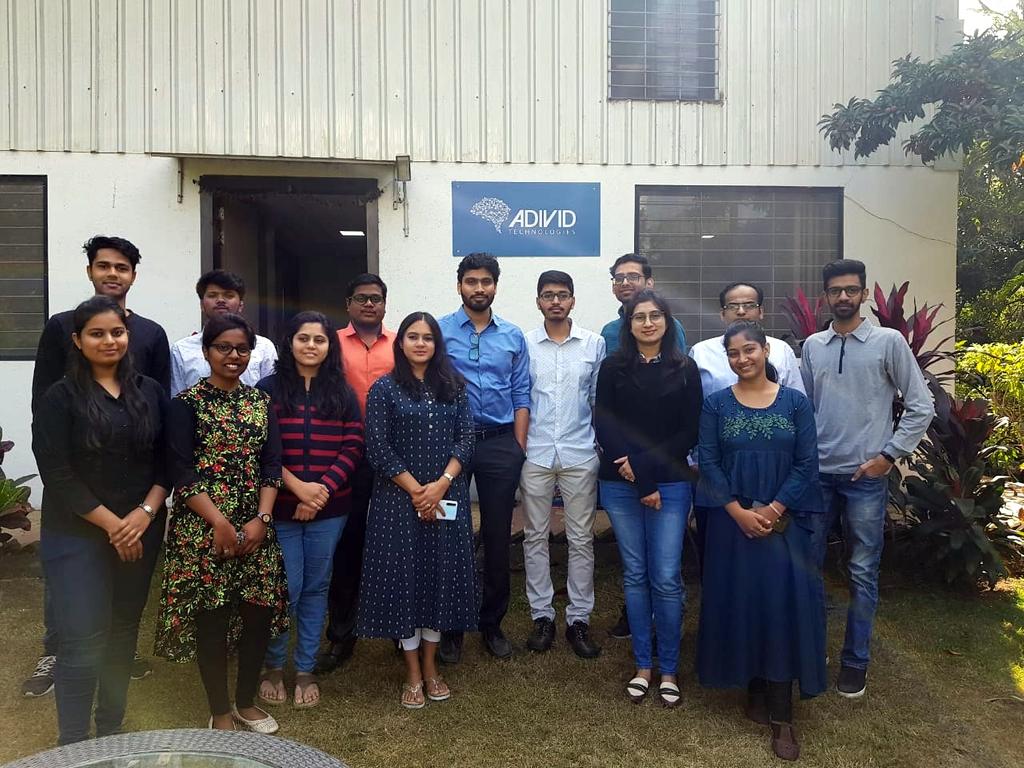National Crime Records Bureau (NCRB) recently released its report on crime in India. The report states that a total of 66,01,285 cognizable crimes were registered in 2020. India reported an average of 80 murders daily in 2020, totaling 29,193 fatalities over the year. The crime records have thus been very unimpressive in the country and call for some strategic shifts in their policing.
Law Enforcement Agencies in developed countries utilize technology a lot and there has been a strong association between technology and their policing strategy. However, Police departments in India have traditionally been slow adopters of technology. It is primarily because of the highly prevalent bureaucratic practices and legacy systems still in use in police departments.
The impact of AI and related technologies on jobs, the economy, and the future of work have much been discussed but its usage in surveillance and predictive policing is an area that needs to be explored. AI can enable innovative police services by connecting police forces to citizens, building trust, and strengthening associations with communities. Smart solutions such as biometrics, facial recognition, smart cameras, and video surveillance systems coupled with analytics can greatly improve policing. A recent study suggests that smart technologies can reduce crime in cities by 30 to 40 percent and reduce response times for emergency services by 20 to 35 percent.
Adivid Technologies, based in Kota, Rajasthan is a startup working on this usecase. The company is providing police departments with such a platform called Third I. Having spent around five years working extensively with Police Departments, Adivid team has identified the existing challenges and opportunities.

As per its experience, a majority of Police force is involved in reporting, paperwork, collecting data through multiple channels, information transferring, maintaining and retrieving it. Though it is an essential practice, it involves a lot of monotonous effort to compile hundreds of reports on a daily basis, ultimately leading to lesser number of personnel on field, for their core service to detect and prevent crimes.
Adivid team also delved deeper into 3 major aspect of policing which are as first, Process Automation, Second Enhanced Surveillance & Monitoring and Third Predictive Policing. The team found that in current scenario, Police Control Room dedicates 15-20 people to continuously coordinate and track the location of all the police station vehicles, beat marshals, Nirbhaya mobiles etc. over the wireless device on hourly basis and whenever any incident occurs, all the nearby vehicles are ordered to reach at the venue. The underlying problem with this method is unnecessary noise over wireless, no way to authenticate accurate location of vehicles or any other information, usage of rudimentary technologies with no way to customize.
With its Third I and other modules (20+), Adivid Technologies has worked towards solving the redundancies in regular day-to-day proceedings of police departments, the Information & Technological gaps present, and the lack of Data Centralization & Analytics which subsequently hamper administration’s ability to make real time informed decisions. Currently, more than 35000 Police Personnel across 14 cities and districts and 25000+ citizen users are using Third I and other modules developed by Adivid Technologies.
Powered by Automation, ML & AI, Third I enable Real-Time Information Management, Data Visualization and Improved Communication. Explaining the viability of Adivid solutions, Kovid Sawla, CEO of the company says,” All our modules require very minimal infrastructure (only smartphone & desktop mostly); e.g., instead of RFID, or tracking device, we provide alternative such as QR Codes, Mobile Apps etc. Thus, our solutions are viable and feasible for Police Departments.”
Adivid Technologies has incorporated multiple techniques and algorithms for various analytics, prediction and recommendation based on past crime data to generate various Charts, Statistics and assessment, generate heatmaps, identify Crime/Accident Hotspots, Patterns, Patrolling Recommendations, auto alerts system etc. which can greatly help decision makers to take directed and insightful action.
Adivid Technologies has given it’s solutions to more than 20+ large organizations including Maharashtra State Police, Mumbai Police, Delhi Police, Childline India etc.







1 reply on “How AI and Digital Technologies are Enhancing Policing”
XzMAlOVcICGTN